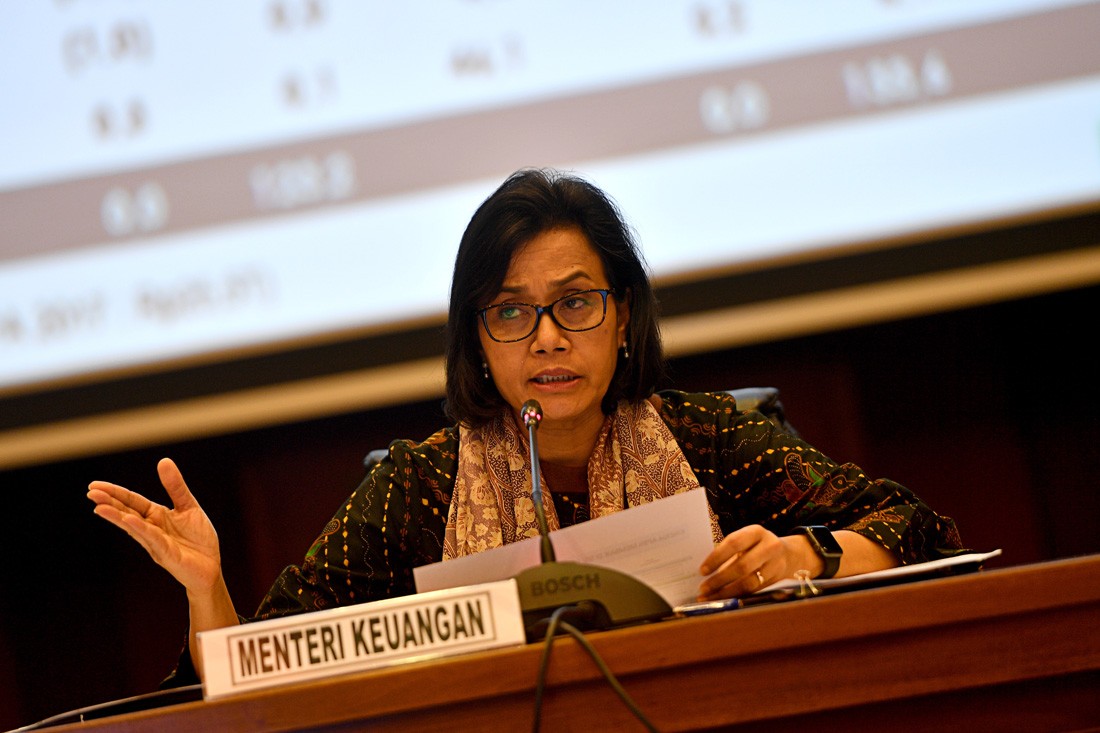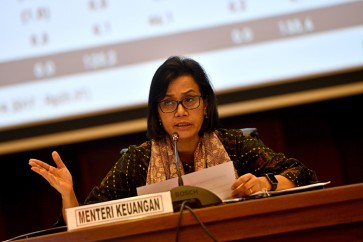Popular Reads
Top Results
Can't find what you're looking for?
View all search resultsPopular Reads
Top Results
Can't find what you're looking for?
View all search resultsFinding right way in taxing digital economy
With the advancement of digital technology, foreign companies are able to reach foreign markets without a physical presence. On the other hand, with the existing Tax Law, the government is unable to tax them.
Change text size
Gift Premium Articles
to Anyone
T
he digital economy has rapidly grown in Indonesia during the past several years, but its contribution to the country is still quite insignificant.
With the advancement of digital technology, foreign companies are able to reach foreign markets without a physical presence. On the other hand, with the existing Tax Law, the government is unable to tax them.
With the fourth largest population in the world, Indonesia is a big market for digital goods and services. According to Temasek’s estimate in 2018, the e-commerce market in Indonesia stood at US$12.2 billion and the digital media market was valued at $2.7 billion.
According to the Finance Ministry’s data, the total sales of foreign intangible goods and services stood at Rp 93 trillion ($6.6 billion) in 2018. Despite the large amount of money involved, the contribution of digital transactions in tax revenue remains insignificant.
Unfortunately, under the current tax principles, the government has no right to tax foreign businesses if they don’t have a phisical presence, or popularly called permanent establishment (PE), within the geographical boundaries of the country of sales.
The Organization for Economic Cooperation and Development (OECD)/Group of 20 Inclusive Framework on Base Erosion and Profit Shifting comprising over 120 countries is still working on resolving the tax challenges of the digital economy. There is still no sign of what will be the consensus-based solution until it publishes the final report in 2020.
Jurisdictions choose to pursue a unilateral approach. Some introduced new taxes other than income taxes that are specifically imposed on digital goods and services from abroad. Famous examples are India with the Equalization Levy in 2016 and France with its Digital Services Tax in 2019.


















